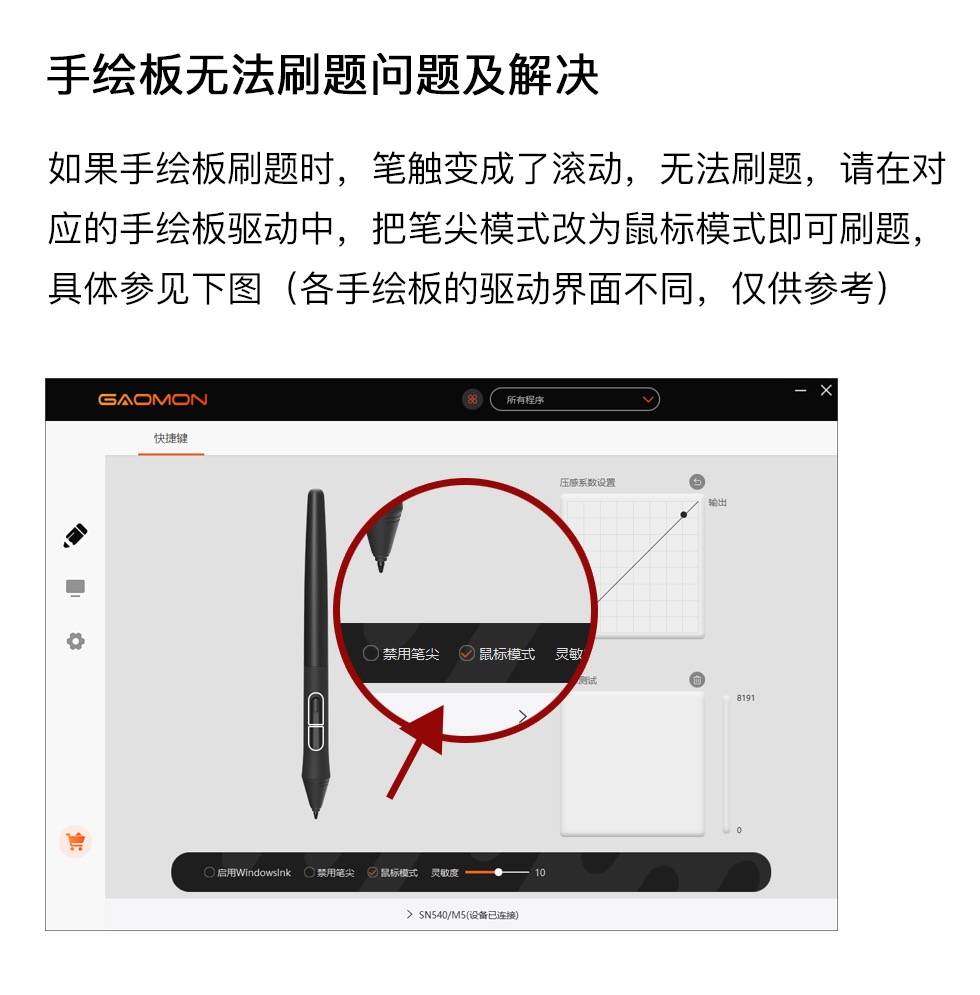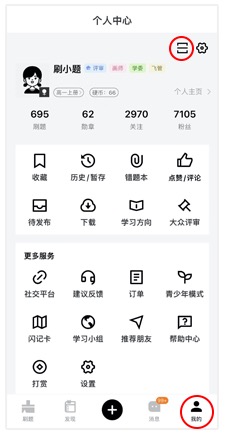


—Yao Ming. I think he has a(n)________ for basketball.












________
________
________
________
________
________
________
________
________
________

Canadian English is the variety of English spoken in Canada. English, instead of French, is the first language, or “mother tongue”, of approximately 24 million Canadians (77%), and more than 28 million (86%) are fluent in the language.
Canadian English contains elements of British English and American English in its vocabulary, as well as Canadian native language. In many areas, speech is influenced by French, and there are notable local variations. Canada has very little dialect diversity compared to the United States. Canadian English and American English are sometimes classified together as North American English. Canadian English spelling is largely a combination of British and American conventions(惯例).
The term “Canadian English” is first proved in a speech by the Reverend A. Constable Geikie in a speech to the Canadian Institute in 1857. Geikie, a Scottish-born Canadian, reflected the Anglocentric attitude that would be common in Canada for the next hundred years when he referred to the language as “a ruined dialect,” in comparison to what he considered the proper English spoken by immigrants from Britain.
Canadian English is the product of four waves of immigration and settlement over a period of almost two centuries. The first large wave of long English-speaking settlement in Canada, and linguistically the most important, was the arrival of Loyalists escaping from the American Revolution, chiefly from the Mid-Atlantic states—as such, Canadian English is believed by some scholars to have come from northern American English. Recent studies suggest that Canadian English has been developing features of its own since the early 19th century. The second wave from Britain and Ireland was encouraged to settle in Canada after the War of 1812 by the governors of Canada. Waves of immigration from around the globe peaking in 1910 and 1960 had a lesser influence.

“What part of the States do you come from?”
“I’m not American. I’m Canadian.”
This is a mistake that Europeans often make. Many Americans, too, admit that it takes them a while to tell if it’s an American talking or a Canadian. This upsets some Canadians, because they want people to recognize them as Canadians. They want everyone to know that Canada is an independent nation with its own special character.
American English was probably brought to Canada by the Loyalists(忠于北方者)who fled there during the Revolutionary War(1776~1783), for even as late as 1813. 80% of all British Canadians had come from the USA.
From the very first, Canada was a country with two languages, neither of which influenced the other very much, because the French and British spoke to each other so little. Canadian English has always remained very like American English, and the influence of the Indian and Inuit languages was no greater than the influence of French. But there are some important words that have found their way via(通过)Canadian dictionaries into British dictionaries.

1 汉语是一种古老而美丽的语言,世界上大约有1/5的人在使用汉语。
2 汉语的书面语和口语有些不同,但如果你会讲普通话,在中国你就能和他人进行很好地交流。
3随着中国的发展,世界上越来越多的人开始学习汉语。当你在中国旅游或做生意的时,讲一口流利的汉语是非常有用和方便的。
文章开头已给出。不包括进总句数。
Boys and girls,
Nice to meet you! Today I'm very pleased to introduce to you my mother language ,Chinese.
正文:






